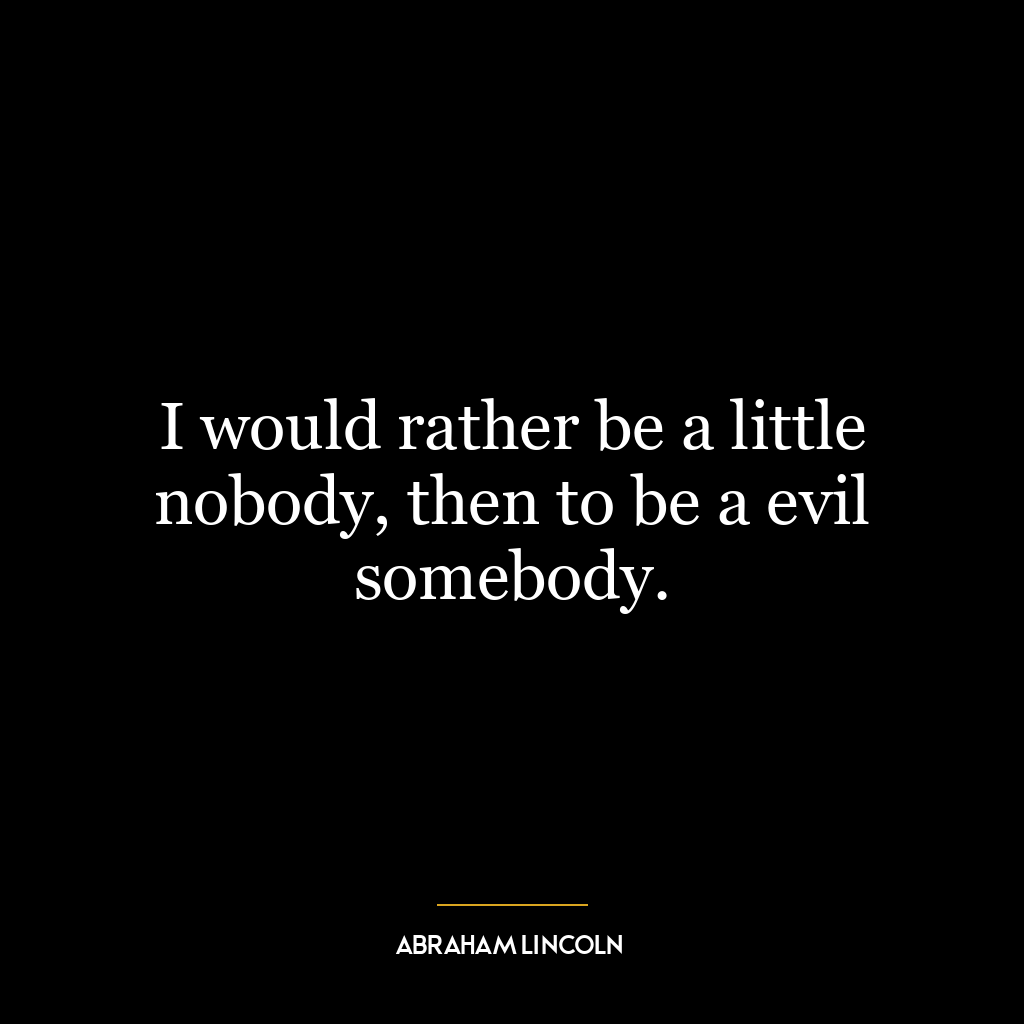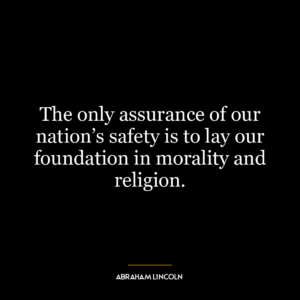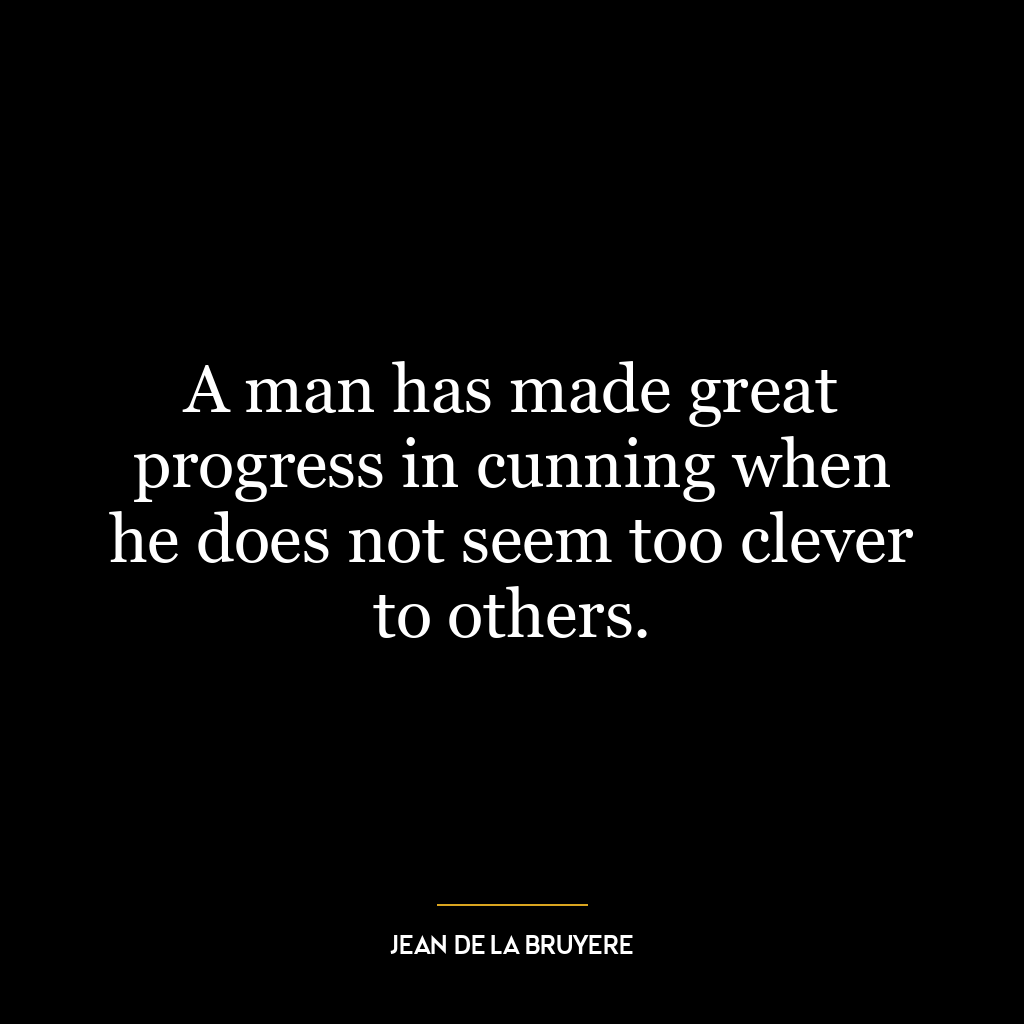I would rather be a little nobody, then to be a evil somebody.
This quote emphasizes the importance of integrity and morality over fame or power. It suggests that it’s better to be an insignificant person living a virtuous life than to be a prominent person who is corrupt or evil. The quote reflects the idea that the value of a person should not be judged by their social status or wealth, but by their character and moral conduct.
In the context of personal development, this quote can be a guiding principle. It encourages individuals to prioritize ethical behavior and personal growth over superficial achievements. It reminds us that the pursuit of success should not compromise our moral values. It’s a call to cultivate humility, kindness, and honesty, rather than seeking recognition or power at any cost.
In today’s world, this quote is particularly relevant considering the frequent news about individuals in powerful positions who are involved in scandals or corrupt practices. It’s a reminder that power and fame are not the ultimate goals in life, and that they can often lead to moral downfall. It encourages society to value people for their good deeds, their kindness, their integrity, rather than their status or wealth.
Furthermore, it could be applied in the realm of social media where the pursuit of fame, likes, and followers can sometimes lead to harmful or unethical behavior. It’s a reminder that being “a little nobody” in the digital world is preferable to being an “evil somebody” who compromises their values for online recognition.
In essence, the quote is a call to uphold the values of honesty and integrity, and to prioritize these over fame, power, or wealth. It’s a timeless message that resonates in personal development and societal ethics.















